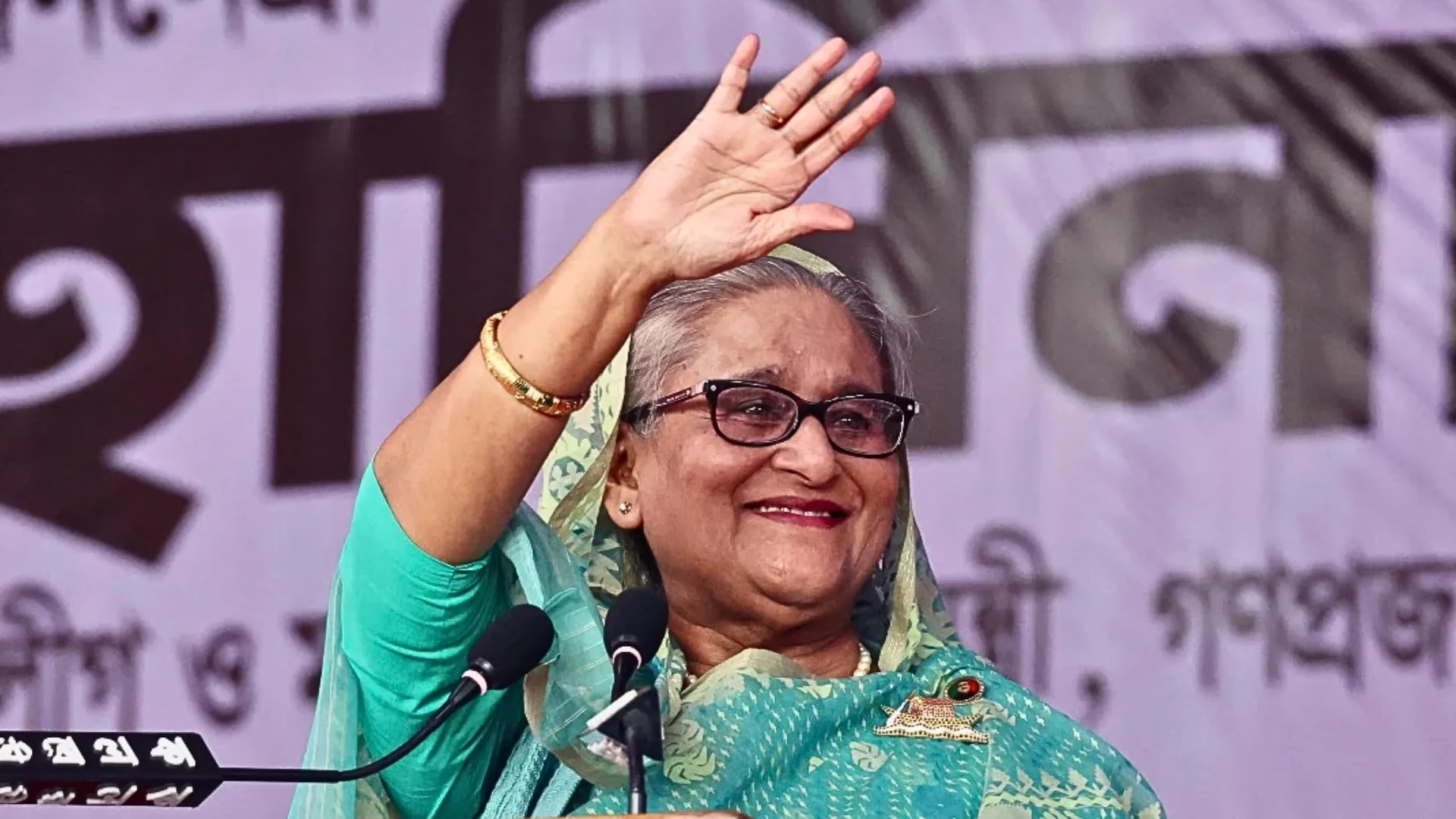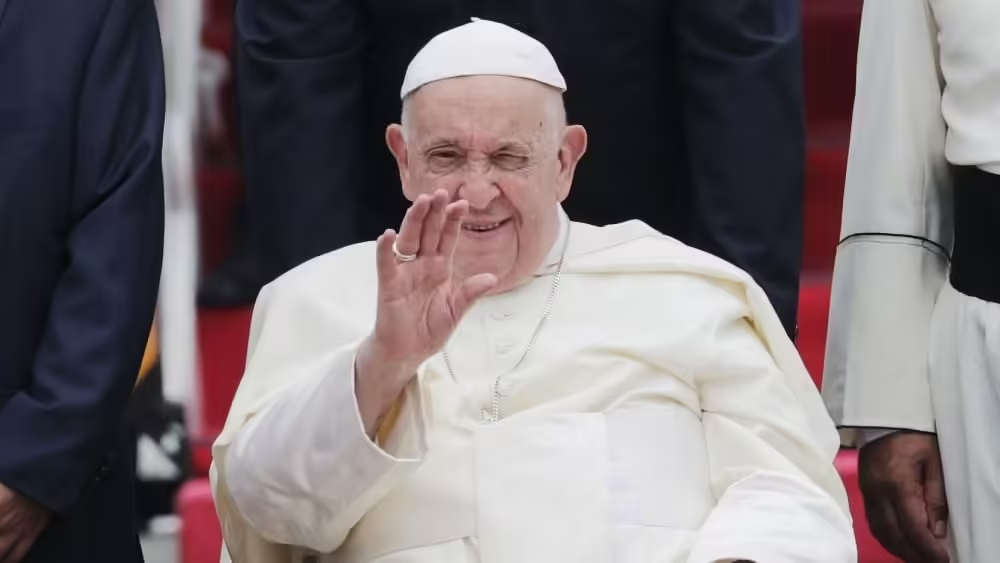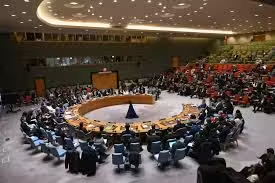Bangladesh’s Election Commission has suspended the registration of the Awami League, effectively barring the party of ousted former Prime Minister Sheikh Hasina from participating in future national elections.
The decision follows a sweeping ban on the party’s activities by the interim government led by Nobel laureate Muhammad Yunus, which invoked the Anti-Terrorism Act after days of violent protests. Authorities cited national security concerns and an ongoing war crimes probe targeting the party’s top leadership over the deaths of hundreds of protesters.
“With the home ministry’s ban on all activities of the Awami League and its affiliated organisations, the Election Commission has decided to suspend the party’s registration,” said Commission Secretary Akhtar Ahmed on Monday night.
Under Bangladesh’s electoral law, party registration is a prerequisite for contesting elections. The suspension disqualifies the Awami League — which has governed the country for over two decades — unless the ban is lifted and registration reinstated.
The Election Commission also directed the party and its affiliates to cease all political activities, including media appearances, publications, rallies, and online campaigns, until the International Crimes Tribunal completes its investigations.
Hasina, long credited for economic progress but widely criticized for suppressing dissent and human rights abuses, secured a fourth consecutive term in the 2024 elections, which were boycotted by the main opposition due to mass arrests and exiles of its leadership. She fled to India in August 2024 amid escalating unrest.
Following her departure, Yunus — seen as a neutral figure — assumed interim leadership and pledged reforms. He has indicated that national elections may be delayed until 2026, reiterating that he has no interest in holding office.
Opposition parties, including former PM Khaleda Zia’s Bangladesh Nationalist Party, are demanding early elections and the restoration of democratic rule. Meanwhile, the National Citizen Party — a youth-led movement born out of last year’s uprising — insists that elections should follow substantial political reforms.
The crisis began in July with student protests over public sector job quotas and quickly spiraled into one of the most violent political episodes since Bangladesh’s 1971 independence.
Founded in 1949 and once celebrated for leading the Liberation War, the Awami League now faces its deepest legitimacy crisis yet, with mounting accusations of authoritarianism, corruption, and abuse of power during Hasina’s rule.



